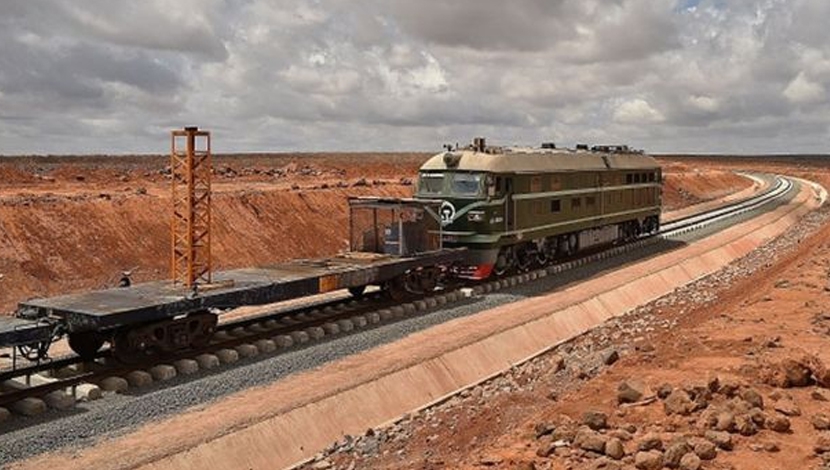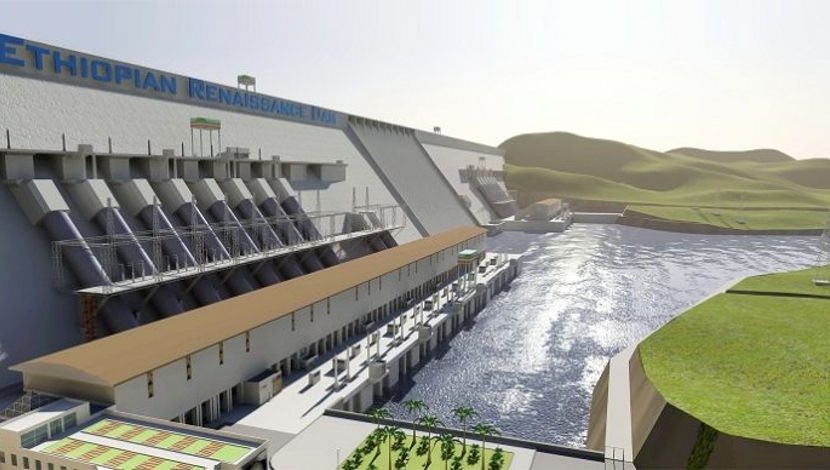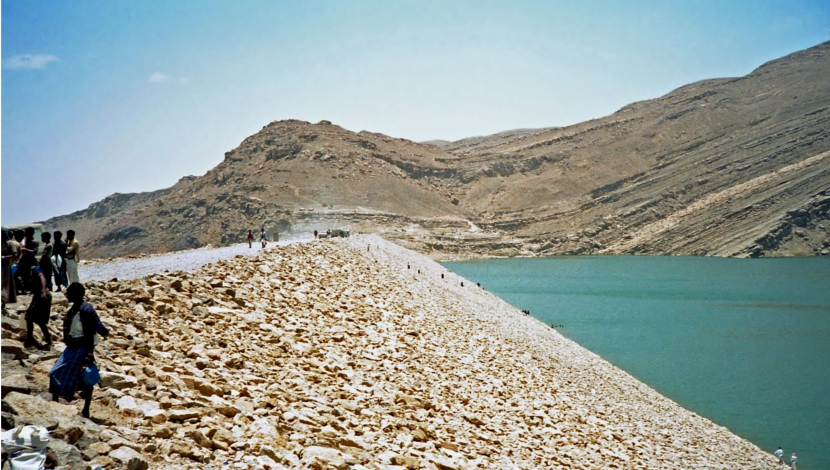

The completion of the Addis Ababa-Djibouti Railway, a new 752-km track linking Ethiopia’s capital with the Port of Djibouti, was officially marked at a ceremony at Nagad Railway Station in Djibouti.
In the presence of Djibouti’s President, Ethiopia’s Prime Ministerand senior officials from across the region, the new railway was officially inaugurated.
The new railway can reach speeds of 160 km/h for passenger trains and 120 km/h for cargo trains. It will cut cargo journey times between the Port of Djibouti and Addis Ababa from three days by road to just 12 hours. Trial services for the new US$4.2-billion railway began in October 2016, with regular services transporting goods and passengers expected to begin early this year.
The railway is a major milestone for trade in the region. Currently, more than 90% of Ethiopia’s trade passes through Djibouti, accounting for 70% of the overall activity at Djibouti’s ports. With Africa’s GDP predicted to double by 2035, and the population expected to reach 2.5 billion over the next 30 years, the continent is in need of major new infrastructure links.
In addition to building links with Djibouti’s port facilities, the railway will support the development of Djibouti’s International Free Trade Zone (DIFTZ), which will help spur the nation’s manufacturing industry and provide employment opportunities for its citizens. The railway project has been coupled with a US$15-billion expansion programme to improve Djibouti’s port facilities, and build new highways and airports in the country.
The railway was previously inaugurated from Ethiopia’s side on 5 October 2016. With journeys now also possible from Djibouti, the new railway represents the next step in plans for a 2000-km-long track that will also connect Djibouti and Ethiopia to South Sudan. The vision is that this could one day evolve into a Trans-African railway crossing the continent from the Red Sea to the Atlantic Ocean, a journey which by sea currently takes eight weeks.





